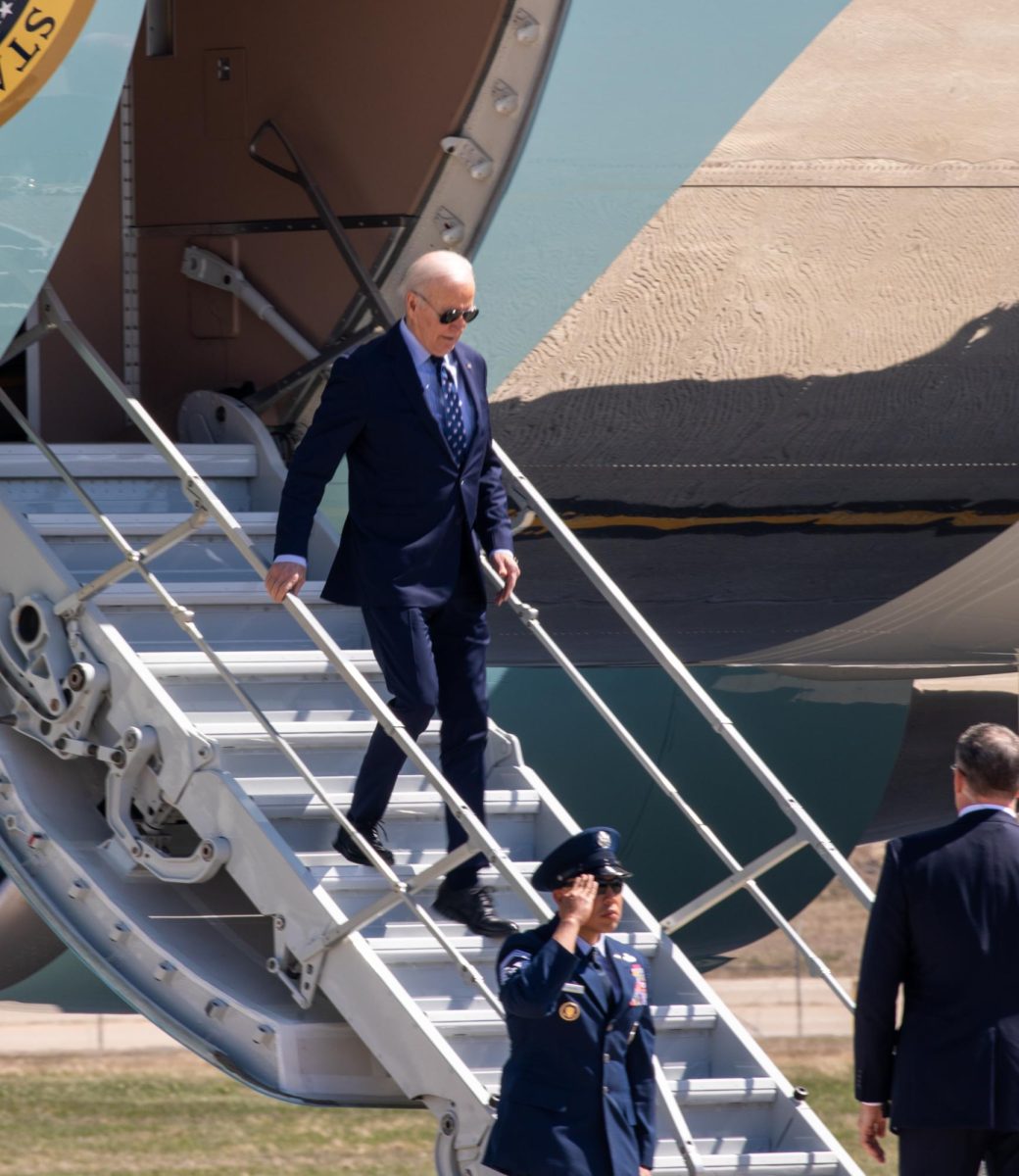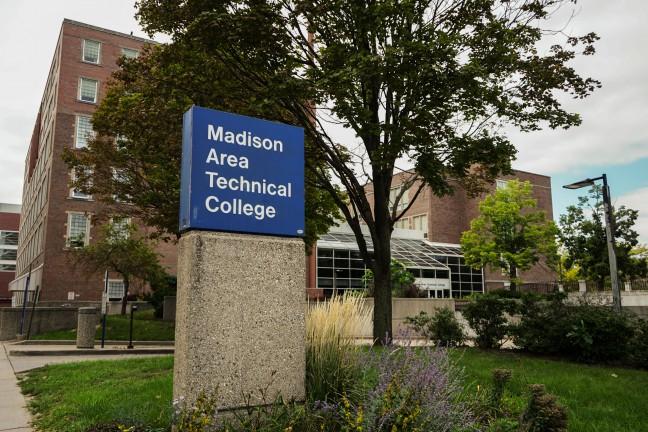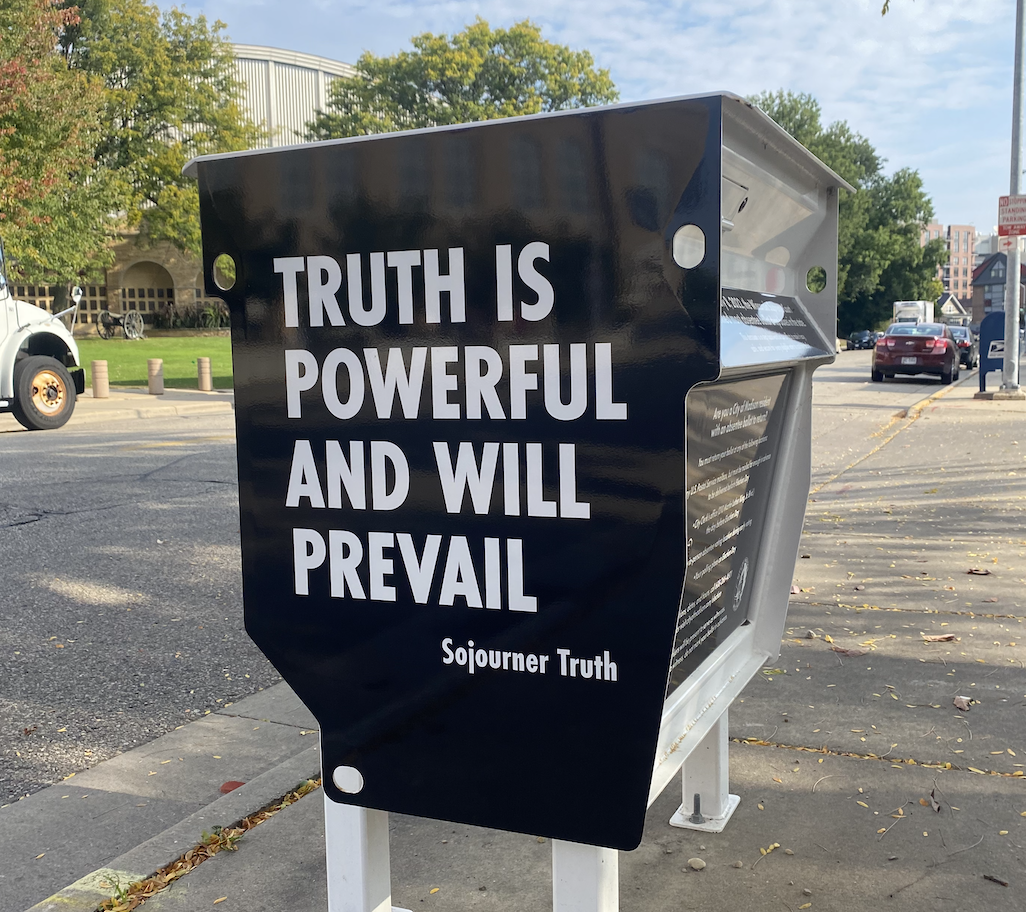Even on the first day of school, Nathalie stood out. She was the only student who seemed at all inclined to follow the direction I had just given my new class of sixth graders to sit down. In fact, she might have been the only student who heard me, because the ruckus of the fight that was going on immediately outside my door was rendering my attempts at order within my classroom completely meaningless. Her 31 classmates had quickly sized me up and figured out that I had no idea how to stop them from talking about that fight, or anything else that interested them. I began to wonder if maybe I made a mistake in deferring my law school plans for two years. This Teach For America thing was looking like a bad idea.
As I looked at Nathalie — frustration at her classmates' antics and my ineptitude etched on her face — I realized that I needed to come up with a plan. Later that night, I began to draw up some lesson plans that would engage the students and a discipline plan that would suffice for the times when the engagement did not work. Like many of my students, Nathalie had spent the majority of her life speaking and interacting in Spanish, and her skills, while far above those of most of her classmates, were still just below her grade level. She could not afford for me to be on a slow learning curve.
Fortunately, the learning curve in the first year as a Teach For America corps member is anything but slow. Just three months earlier, I had left my Vilas Avenue apartment, gotten on a plane and headed for an intense summer institute in Houston. This six-week course geared to teach 1,000 new corps members — most of whom had taken nary an education class in college — how to teach most effectively the students we would be meeting shortly and was the best hope I had to figure out how to get my class under control and learning.
The Teach For America training and support and the presence of a number of motivated teachers in my school enabled me to redouble my effort and give Nathalie and her classmates a passable education that year. But most importantly, I caught glimpses in all of my students of what I saw in Nathalie: a desire and the potential to overcome whatever obstacles cluttered their paths.
Knowing that there were many strong teachers and an unlimited number of students who just needed to work together in an obstacle-free environment in order to reach their potential, I applied the lessons I had learned about teaching in my two years in Washington Heights to the opening of a new charter school, TEAM Academy, a KIPP school (www.kipp.org) in Newark, N.J. Like the children of Washington Heights, Newark's children face many of the obstacles that are commonly found in areas with high concentrations of poverty. As with my students in New York, I found our students in Newark to be brimming with untapped potential.
In September 2002, four Teach For America alumni and I opened the doors of TEAM Academy to 80 fifth grade students. The average student entered that day reading as well as just the bottom 21 percent of the nation and doing math at the 30th percentile — nearly all of them were two or three grade levels behind their peers nationwide. They would spend the next four years working from 7:30 a.m. until 5 p.m., coming in for enrichment and extracurricular activities on Saturday mornings and spending an extra month each summer in school, trying to catch up to their more affluent counterparts around the country. Their teachers became their counselors and their big brothers and sisters, and their achievement levels soared.
By the time this group of students had finished the eighth grade, their hard work had clearly paid off. Up from the bottom quartile of the country, they were now reading better than 72 percent of the nation and doing math at an average of the 91st percentile, marking multiple grade levels of improvement each year. We had brought out the Nathalie in all of our students.
Last year, at about the same time that TEAM's founding class of eighth graders was getting their acceptance letters and scholarships to private schools, I found out that Nathalie had been accepted to Columbia University. Though I have no idea how much we will expand or how many schools we will open, there is one thing I do know for sure: I sure am glad I put off going to law school for a couple of years.
Ryan Hill is a Teacher and the Founder and Executive Director of TEAM Schools, a Network of KIPP Schools. He is also a UW graduate.







